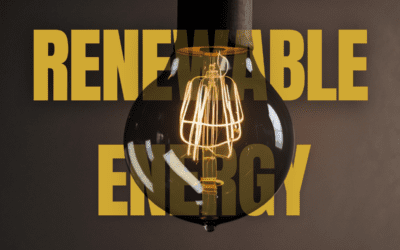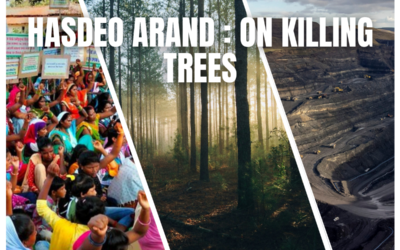Climate changes present an extreme and acute challenge to our planet, impacting weather, ecosystems, and human societies. The driving force is the increase of greenhouse emissions, primarily carbon dioxide, resulting from human activities such as burning fossil fuels and deforestation. Global warming has increased temperature to its highest level in the recent decade compared to the past millennium (Mann et al. 1999), evidenced by more frequent and intense heat waves, extreme weather events, and shifts in precipitation patterns.
Over the last five years, the world has witnessed an alarming increase in climate-related disasters, some of the notable incidents include:
Wil dfires in Australia (2019-2020)It was caused by a combination of factors ranging from drought and high temperatures to strong winds. It swept across vast areas mainly in the southern and eastern parts of the country. The wildfires led to the loss of human lives, including firefighters who battled the blazes. The massive scale of the fires resulted in hazardous levels of air pollution not only in Australia but its neighboring countries.
dfires in Australia (2019-2020)It was caused by a combination of factors ranging from drought and high temperatures to strong winds. It swept across vast areas mainly in the southern and eastern parts of the country. The wildfires led to the loss of human lives, including firefighters who battled the blazes. The massive scale of the fires resulted in hazardous levels of air pollution not only in Australia but its neighboring countries.
Amazon Rain forest Fires (2019) The fires affected multiple countries within the Amazon Basin, with Brazil, Bolivia, and other neighboring nations experiencing widespread blazes. The forests were linked to deforestation for agriculture, particularly cattle ranching and soy cultivation. The Amazon rain forest plays a crucial role in regulating the global climate by absorbing carbon dioxide. The fires posed a severe threat to biodiversity, leading to habitat destruction and a potentially long-term impact on various species.

Cyclone Idai (2019)Cyclone Idai was one of the strongest tropical cyclones to hit the southern hemisphere, causing widespread devastation, with severe flooding and strong winds affecting millions of people. It resulted in tragic loss of life, with thousands of people and leaving many stranded without access to necessities such as clean water, food, and shelter.
Climate change has accelerated the melting of glaciers and polar ice caps, posing threats to coastal areas and sandbars. The absorption of excess carbon dioxide by oceans is causing acidification which is negatively affecting marine ecosystems, coral reefs, and marine species. Urgent action is essential to safeguard the health of our planet and future generations, making informed decisions that balance development with environmental sustainability.
Addressing climate change requires innovative and sustainable solutions across various sectors.
Carbon Capture and Storage (CCS): Developing and implementing technologies that capture carbon dioxide emissions from industrial processes and power plants, preventing them from entering the atmosphere.

Renewable Energy Advancements: Investing in and promoting advancements in renewable energy technologies, such as solar, wind, and geothermal power, to reduce reliance on fossil fuels and decrease carbon emissions. AI is being increasingly applied to optimize the operation and maintenance of renewable energy systems.
Ocean Cleanup: Ocean cleanup innovation involves the development and implementation of technologies and strategies to address the issue of plastic pollution and other marine debris in the ocean. Some of the notable innovations in ocean cleanup are The Ocean Cleanup Project; and Seabin Technology which is a floating device installed in marinas, ports, and other water bodies. It consists of a pump that creates a flow of water, pulling in floating debris, including plastics. Autonomous Drones to identify and monitor large debris patches in the ocean.
Smart Cities and Sustainable Urban Planning and Circular Economy: Developing smart cities with sustainable infrastructure, efficient public transportation, and green spaces to minimize carbon footprints and enhance quality of life. By embracing a circular economy model that promotes reuse, recycling, and reduction of waste, we can minimize the environmental impacts of production and consumption.

Green Building Technologies: By encouraging the use of Eco-friendly building materials, energy-sufficient designs, and sustainable construction practices we can reduce energy consumption and emissions in the construction industry. Investing in electric vehicles, high-speed rail, and other sustainable transportation to reduce the dependency on traditional fossil fuel-powered vehicles.
The rise of youth-led climate movements, exemplified by figures like Greta Thunberg, reflects the growing awareness of the impact of human activities on the climate. Climate change poses significant challenges to future generations. Humans must recognize the moral and ethical responsibility to address climate change. It’s crucial to take action to mitigate these effects through sustainable practices and reducing carbon emissions. Individual actions collectively contribute to a healthier planet.








0 Comments